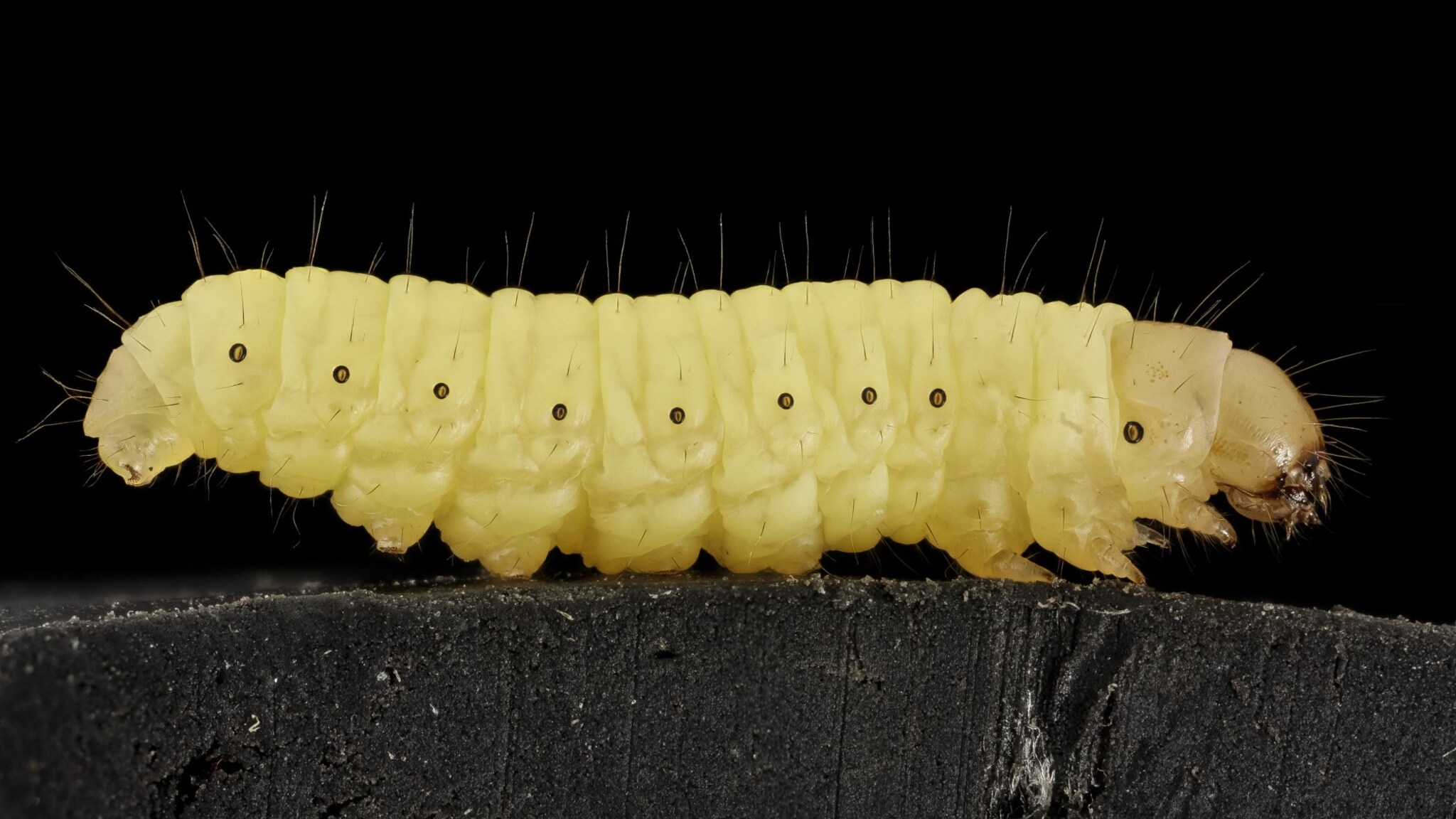This is the caterpillar of the large wax moth. The group of researchers claims to have discovered substances in animal saliva that can break down polyethylene, a hard-to-breakable and commonly used type of plastic.
They claim that if this type of plastic was exposed to caterpillar saliva for an hour, it would have the same effect as leaving it in nature for months or even years.
Two enzymes have been found in caterpillar saliva that can break down plastic at room temperature. According to scientists, this will be the first time that such a valuable substance has been discovered in nature.
Already in 2017, researchers discovered that saliva may be able to break down polyethylene. in the new Research It goes into more detail about the substances in the saliva that caused this.
Polyethylene is used in all shapes and sizes such as jerry cans and water pipes. Everyone also uses the substance if it is further processed into plastic bags or, for example, shampoo bottles.
The material is responsible for about thirty percent of the world’s total plastic consumption. But there are almost no possibilities to break it. As a result, there is polyethylene waste around the world that cannot be broken down: think of the plastic soup in the ocean.
So the scientists’ discovery sounds optimistic, but how realistic is that? Professor Violet Jessen of Wageningen University & Research, who specializes in soil biology and environmental management, among others, eases expectations. You can never clean all the plastic with this. At sea, for example, maybe five percent of plastic waste is at the surface, and the rest is much deeper. You can’t bring a single animal there.”
Jessen points out that perhaps this will become very interesting in the long run, but according to her, it will be a very long and expensive process to make it happen. “To use this knowledge to develop a technology that can be applied in practice, it will take many years of effort. But the question is also, how many of these larvae do you need to break down everything we consume? At the moment, it is still important to reduce plastic waste as much as possible” .







